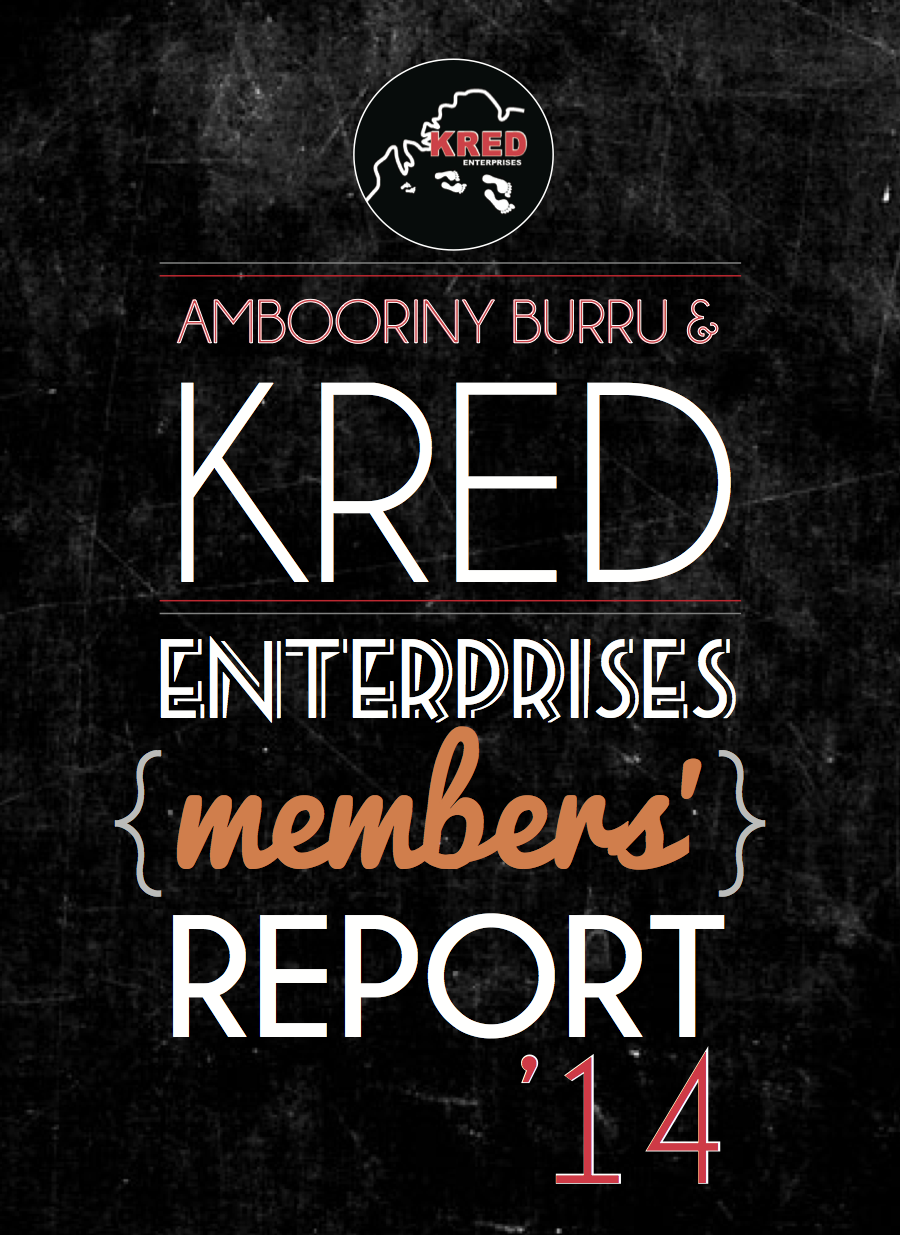Notice of Authorisation Meeting for the NYIKINA MANGALA PEOPLE and Members of the KARAJARRI YANJA native title claim group (WAD 295/2012)
WHERE: Yurmulun (Pandanus Park) Community
WHEN: Wednesday 4th March to Thursday 5th March 2015 (2 Days of Meetings)
START: 8.30am for registration, meeting starts at 9am on all days
WHO IS INVITED: All members of the Karajarri Yanja native title claim group (WAD295/2012) being those persons who are the descendants of the following named apical ancestors (please be advised that the following contains names of deceased persons):
Nganara, Minyirr Palajangka, Ingala [2] and Yanadu “Mutpi” and
All Nyikina Mangala People being those persons who are the descendants of the following named apical ancestors (please be advised that the following contains names of deceased persons):
Marrkal and Minbukar and Kinara and Karlmurl; Ngurkwan, Yayika and Minyang; Polly Wurrayin and Charlie Djawali, Bundangurra and Jambo; Intiri and Nulanula, and Yawingka and Kalyuka; Kitty Kujaja and Charlie Mangurl; Lucy Muninga and Edward Yedawarra and unnamed mother of Fulgentius Fraser; Maggie Nimbanirl; Dim and the mother of Bobby Ah Choo; Bundangurra and Mabel Ah Chee; Jimgula; Niyna Philomena; Kupa and Ngamariny; Gurupirin; Nani; Jinangkal and Nyuntunga; Yana and Nyani, Ngata and Kalkululu; Andy Marunjari and Marjory Spratt and her unnamed mother; Wilidi and Muna and Tutu and Warda; Muwa and Nijajira; Bobby Yingirr and Molly, and Latpij and Wayurl ; Nipper Tapaji and his father Larry; Cissy Punturu and Dan Palangga; Tommy Numarid.
BACKGROUND: KRED Enterprises Pty Ltd, on behalf of the Karajarri Yanja native title claim group (WAD295/2012) and the Walalakoo Aboriginal Corporation Registered Native Title Body Corporate ICN 8041 (“the native title groups”), has been negotiating a Coexistence Agreement with Buru Energy Ltd in relation to two petroleum production licences that have been applied for by Buru Energy Ltd and Diamond Resources (Fitzroy) Pty Ltd at Ungani. The negotiation of the Coexistence Agreement between Buru Energy Ltd, Diamond Resources (Fitzroy) Pty Ltd, Mitsubishi Corporation, the native title groups and KRED, is complete and will be presented to the Karajarri Yanja native title claim group and the Nyikina Mangala People to consider on 4th and 5th March 2015. In addition to the Coexistence Agreement, an Indigenous Land Use Agreement (ILUA) will also be presented to the Nyikina Mangala People for consideration. If registered, the ILUA would authorise the construction of the proposed Ungani Project load-out facility and the proposed Ungani Project access road and pipeline corridor, on the basis that their construction will not permanently extinguish the determined native title rights and interests over the affected areas.
Map: Ungani Project Coexistence Agreement and Indigenous Land Use Agreement
The two Ungani petroleum production licence areas are outlined in green; The production licence area that overlaps the Karajarri Yanja claim area is marked in orange; The petroleum production licence area that overlaps the Nyikina Mangala determined native title area is marked in green and the remainder of the Nyikina Mangala determined native title area is marked in blue shading; The proposed load out facility easement is marked ‘A’, the proposed access road and project pipeline corridor is marked ‘B’.
AGENDA:
DAY ONE Joint briefing session with the Karajarri Yanja native title claim group and the Nyikina Mangala People on the contents of the Ungani Project Coexistence Agreement and briefing session with the Nyikina Mangala People on the ILUA for the proposed Ungani Project access road, pipeline and load out facility easements.
DAY TWO Authorisation
Part 1 Nyikina Mangala People’s Authorisation of the Ungani Project Co-existence Agreementa and ILUA;
Part 2 Nyikina Mangala People’s Consent to the Walalakoo Aboriginal Corporation Registered Native Title Body Corporate ICN 8041 entering into the Ungani Project Co-existence Agreement and the ILUA;
Part 3 Karajarri Yanja native title claim group’s Authorisation of the Ungani Project Co-existence Agreement;
Part 4 Karajarri Yanja native title claim group’s Authorising the Applicant.
The Authorisation meeting is being called to consider:
1) The Karajarri Yanja native title claim group deciding whether they authorise the Karajarri Yanja named Applicant to sign the Ungani Project Co-existence Agreement consenting to:
i. the grant of two adjacent petroleum production licences under Section 31 of the Native Title Act 1993 (Cth); and
ii. the grant of an Ungani Project pipeline easement and an Ungani Project highway depot easement.
2) Any other business
and
1) The Nyikina Mangala people deciding whether they consent to the Walalakoo Aboriginal Corporation Registered Native Title Body Corporate ICN 8041 signing the Ungani Project Co-existence Agreement, which involves consenting to:
i. the grant of two adjacent petroleum production licences under Section 31 of the Native Title Act 1993 (Cth); and
ii. the grant of an Ungani Project access road and pipeline easement and an Ungani Project load out facility easement through an ILUA.
2) Any other business.
Please Note: Limited travel & accommodation assistance can be provided. For arrangements please contact Shaha Bin Sulaiman on 0488 440 211 or (08) 9192 8782 at EHSIS office no later than 23 February 2015. Any legal questions should be directed to Rob Houston or Hayley Haas on (08) 9192 8782.



